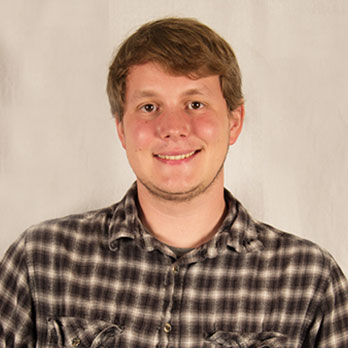
The challenge seems simple: create a new game. The caveat?
We have to complete a prototype in one week.
It may seem counter-intuitive to learn a new programming language in that one week, but actually it is the perfect opportunity to try something completely new. Because this challenge isn’t about creating a perfect finished product; it’s about trying out new ways to improve any part of our process. If it doesn’t work, that’s okay. But, if it does work, it could become an improvement that saves time and resources.
This type of challenge meant staying up until 2 am in the morning with my teammates in a sort of creative delirium. At the end of the week, we had a new game to show; the type of game we couldn’t have created in our normal process. I felt relief, pride and a deeper connection to my colleagues.
Welcome to Innovation Week at MIND Research Institute.
I am used to this style of working; though when I stayed up until 2 am in the morning with my dorm-mates playing Minecraft, I considered it leisure at first. I was a server manager, and I was soon to learn that managing a server meant more than making sure everything was technically working. Surprisingly, it also meant mediating squabbles between players -at any time of the night or day- and fostering a sense of community.
This social element was unexpected, but it is inherent in most games. Social interactions have the power to alter your experience of the game, from collaborating with others to solve a problem to thinking like your opponent in order to outwit them. Games have a lot to contribute to teaching complex problem-solving skills. Skills that are valuable in innovative workplaces and aren’t usually taught in a traditional classroom.
When I heard a presentation from Nigel Nisbet and Angela Bertolini about MIND Research Institute and the ST Math instructional programs, I thought, This is the way learning should be: visual, interactive and invigorating. MIND is doing something right.
Soon after that, I was working at MIND part-time while I completed my bachelor's degree in mathematics and computer science at University of California Irvine. Now, having completed my degree and working at MIND full-time for just over a month, I see how much learning is valued at MIND.
I can see the difference when my peers from UCI talk about their jobs with a resigned sigh or frantic worry. Instead of pushing work off to other departments, or stressing about a deadline, at MIND we approach the challenge head-on: How can we solve this problem?
That approach makes sense, because our mission is so immense, we need all hands and all minds on deck. How else will we be ever able to ensure all students are mathematically equipped to solve the world’s most challenging problems?
“Can we do this?” I ask, offering an idea on how to improve Laser Box, a life-sized version of our strategy app KickBox, which will be featured at our annual Math Fair.
“Let’s investigate! Try it!” says my mentor, Senior Mathematician Brandon Smith.
In the game Laser Box, problem-solvers turn and move mirrors to get the laser to hit the target.
That sense of autonomy, of taking ownership of the project, is something that stands out at MIND. It is no surprise to me that 95% of my colleagues say that MIND offers great challenges. Like a game, each challenge has a purpose and each tiny completion leads me just a little bit closer to fulfilling our greater mission.

Austin Fringer is a Mathematician at MIND Research Institute and a member of the innovative team leading the learning revolution.
Comment